
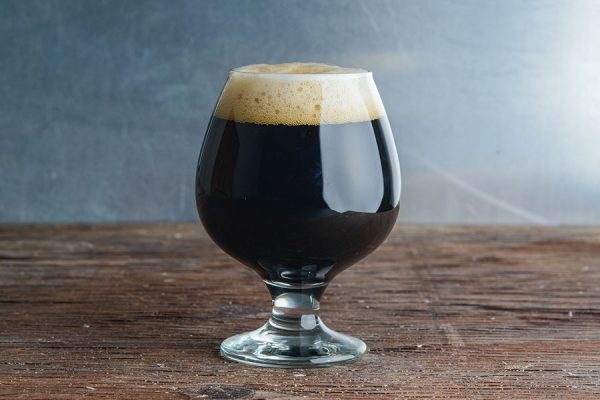
Via Blvd E Specialty Stout
Single infusion mash at 155 °F for 120 minutes. Add lactose last 20 minutes of boil. Set fermentation temp to 68 °F. Day 5 raise temp to 70 °F. After fermentation is complete rack beer into Kings Country Distillery barrel…
Peruse pairings, learn how to make beer, cider, mead, kombucha, and other alternative fermentations, get DIY tutorials, and much more in our archives.


Single infusion mash at 155 °F for 120 minutes. Add lactose last 20 minutes of boil. Set fermentation temp to 68 °F. Day 5 raise temp to 70 °F. After fermentation is complete rack beer into Kings Country Distillery barrel…

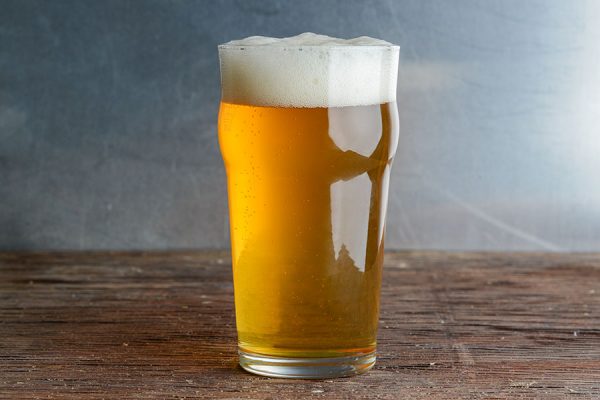
Single infusion mash at 153 °F for 60 minutes. Target 5.3 pH. Lauter then boil for 60 minutes. Chill to 72 °F and pitch yeast (ECY08 Saison Brasserie Blend no starter). Ferment at 72 °F. On day 14, pitch ECY35…

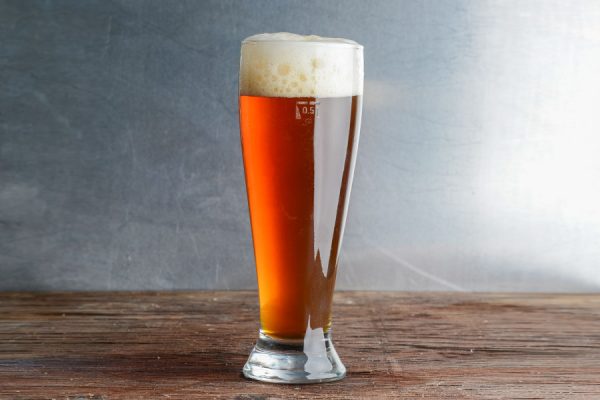
Protein rest at 131 °F for 20 minutes. Mash at 154 °F for 60 minutes. Boil for 120 minutes and at 60 minutes before flameout add hops. Chill to 67 °F and pitch yeast. Ferment at 68 °F. Cold crash…

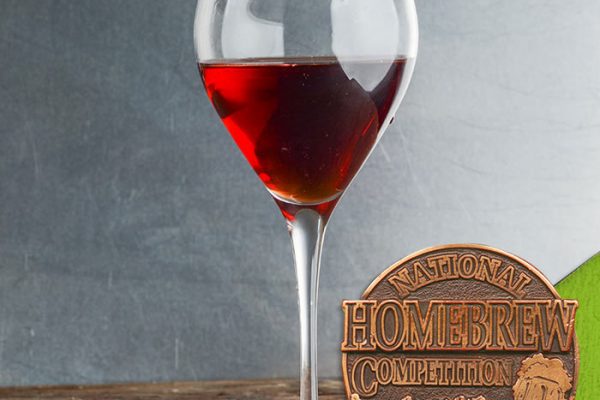
Heat up 200 mL of spring water to where it is hot but not necessarily boiling and mix in GoFerm. Set aside to cool to 104 °F and mix the rest of your ingredients. In a 3-5 gallon fermenter, mix…

Bitter and Esters co-founder John LaPolla shares advice on building and supporting your local homebrewing community.
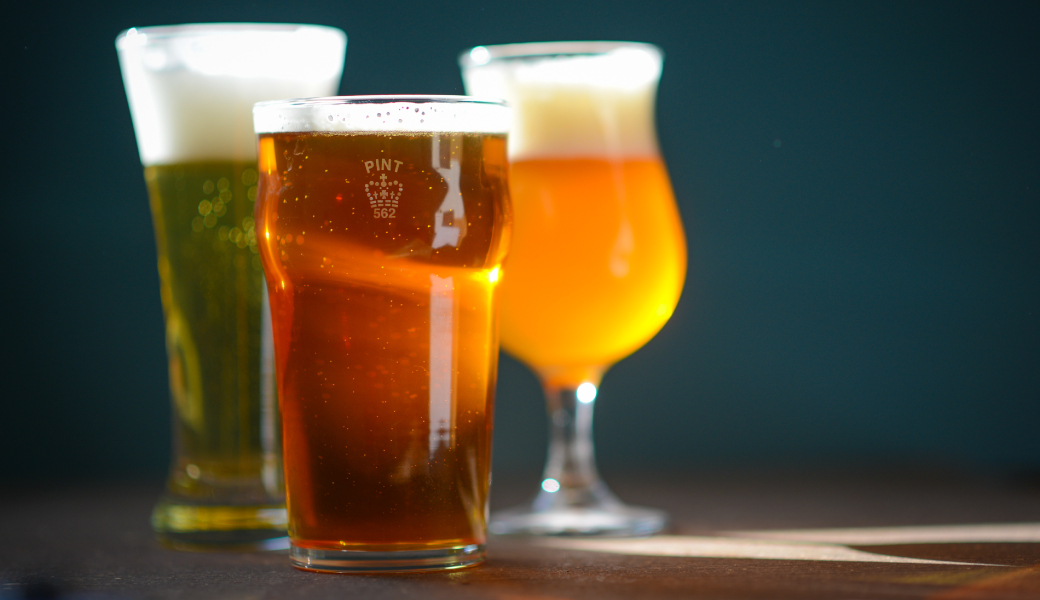
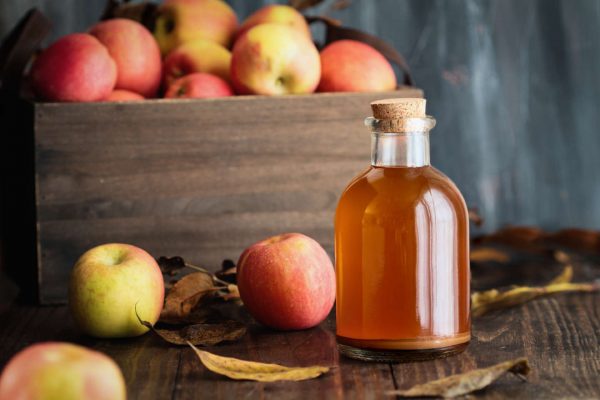
Making apple cider vinegar is surprisingly easy and very similar to brewing kombucha or cider!

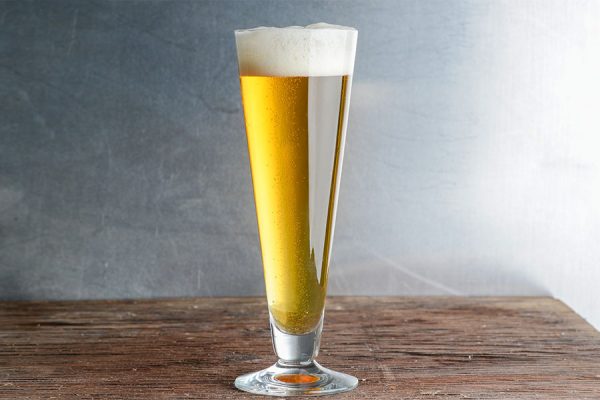
Batch Sparge at 145° F for 75 minutes. Boil for 60 minutes. Add Whirlflock at 10 minutes. Cool to 60° F and add yeast and oxygen. Crash when fermentation is complete and try to lager for a couple of…

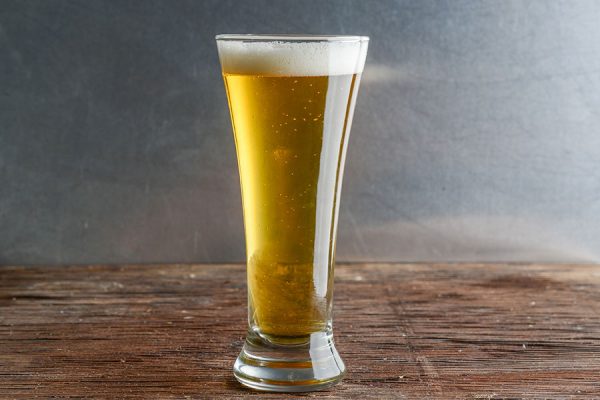
Mash at 151°F for 60 minutes at 5.3 pH. Heat to 170°F to mashout via HERMS, then fly sparge to collect 8.75 gallons of wort. Boil at low intensity for 90 minutes then chill to 70°F with ground water. …


Added 3.5 grams each of Calcium Chloride and Gypsum to 12 gallons of RO water. Single infusion mash at 148° F for 60 mins. Lauter then boil for 90 minutes. Chill to 45° F and pitch yeast starter. Allow…
Share Post